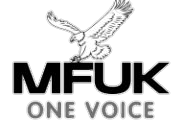
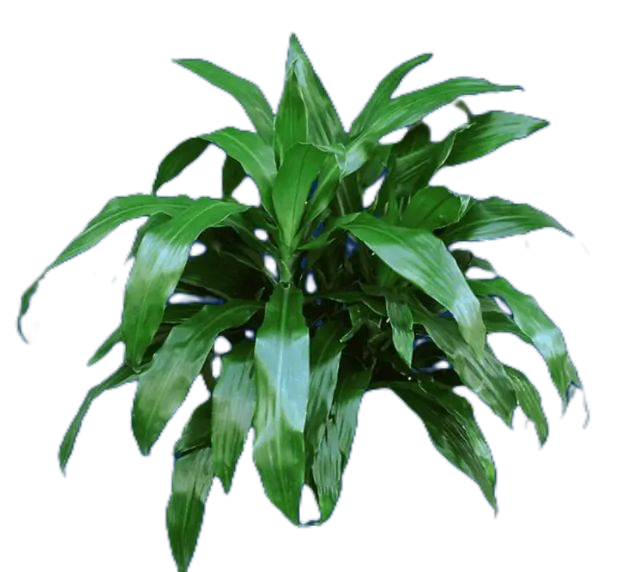
Yemba (also spelled Yɛmba, Yémba, or Bamiléké Dschang) is a Bamileke language spoken primarily in the West Region of Cameroon, especially around the town of Dschang in the Menoua Department, and parts of the Lebialem Department in the Southwest Region.
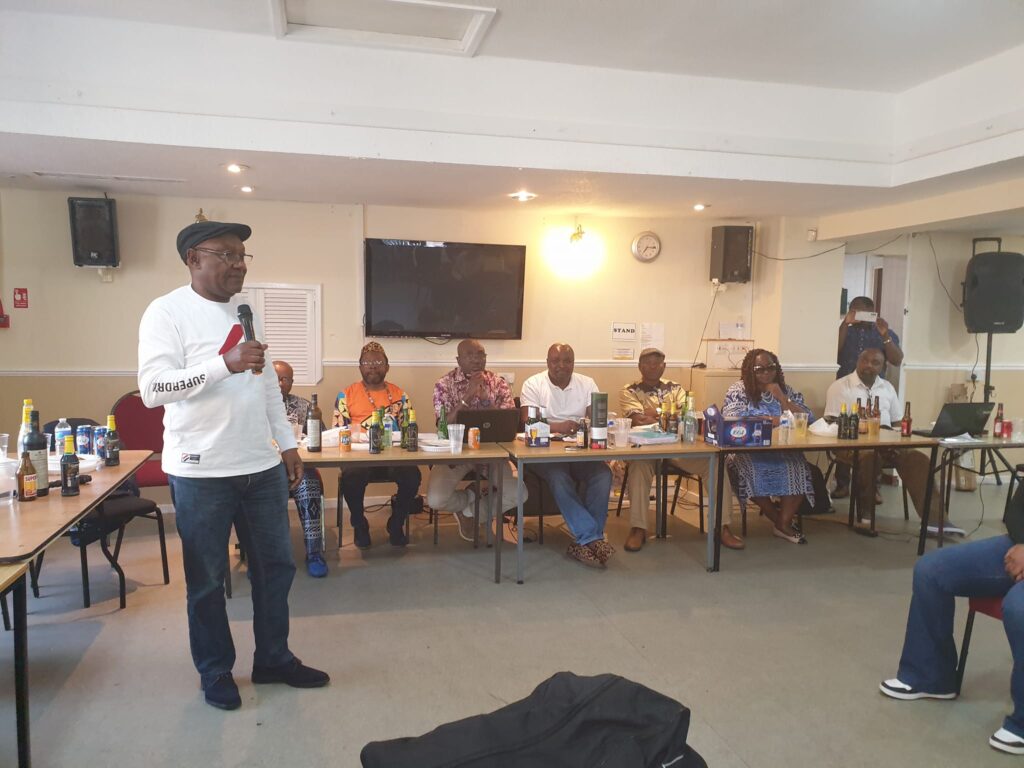
Yemba refers to a Bantu language spoken in western Cameroon, belonging to the Bamileke subgroup and centered around the town of Dschang
The Yemba are part of the Bamileke ethnic group, known for their rich cultural heritage and strong community ties.
Yemba culture is rich in proverbs, which reflect communal values and wisdom. Examples include:
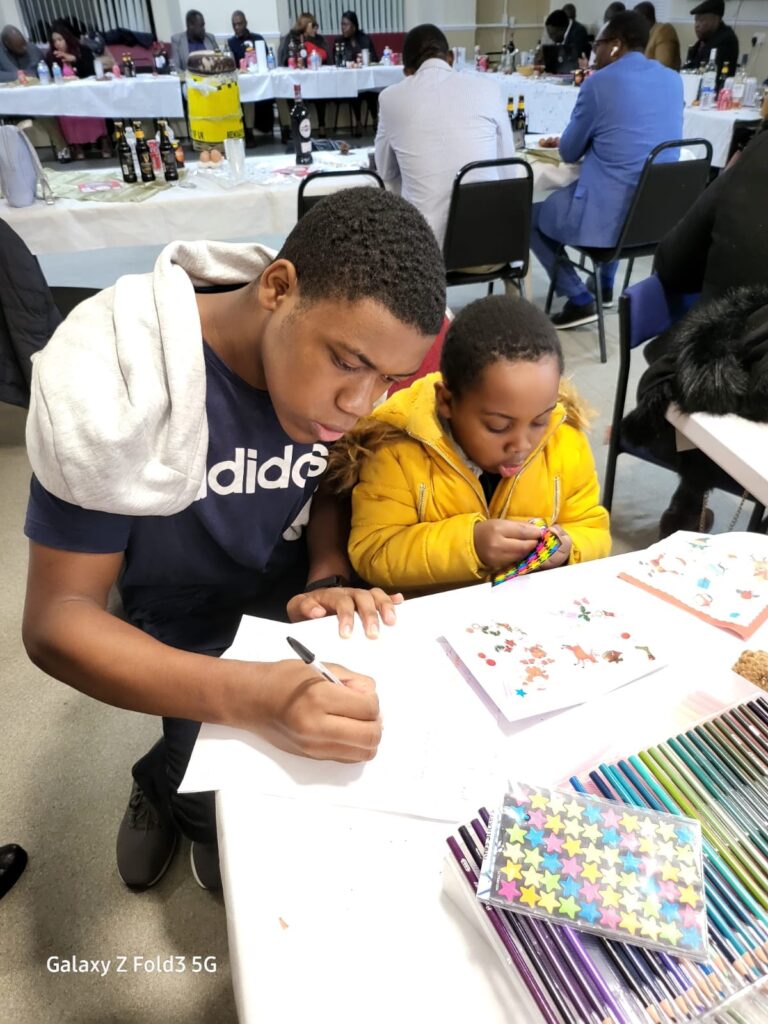
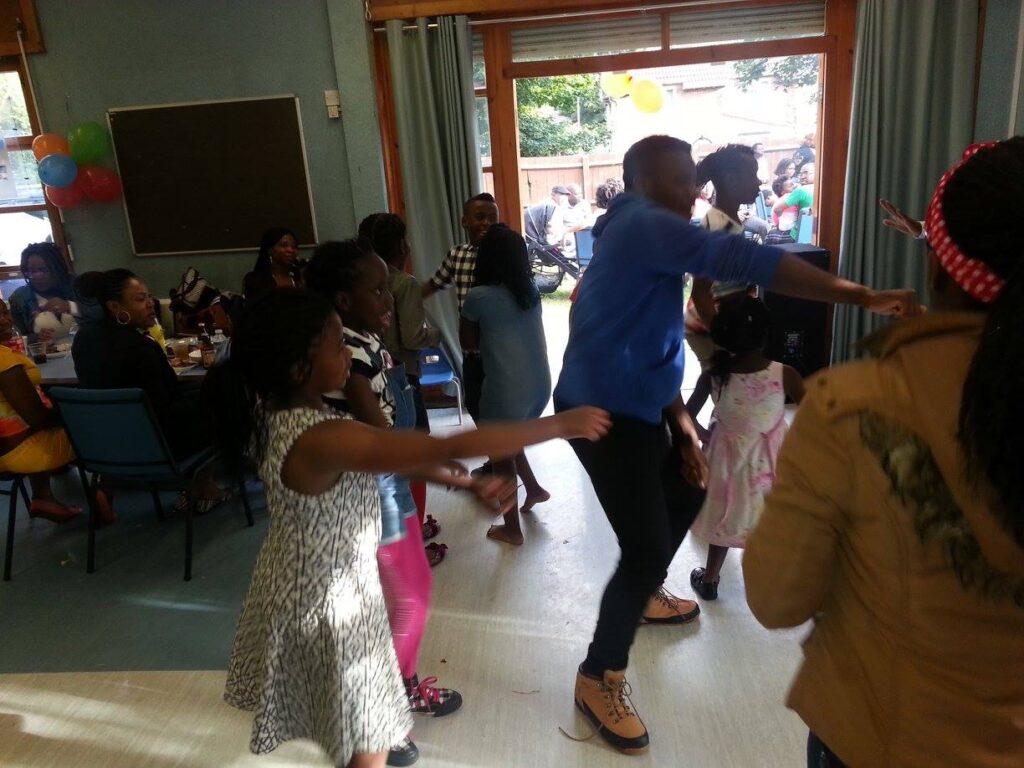
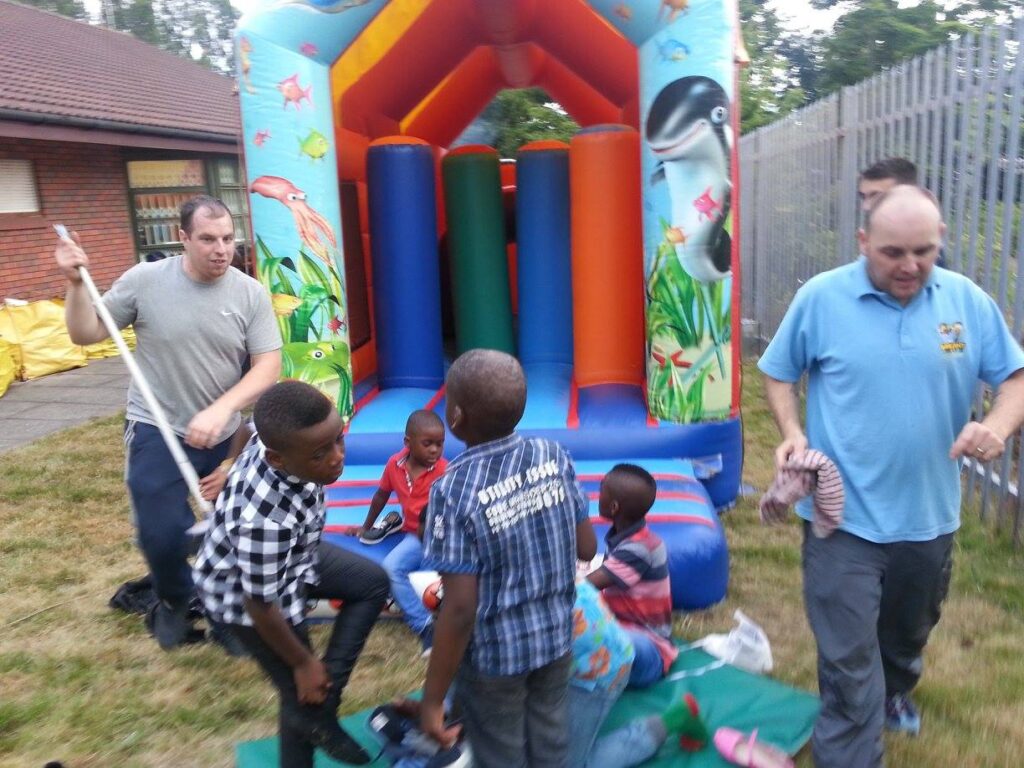
Yemba traditional songs are a form of oral literature that preserve the history, values, and identity of the Yemba people. They are performed during:
These songs are not just entertainment—they are vehicles of memory, wisdom, and social commentary. onplif.com, assendelft.co.za
Women are the primary custodians of Yemba traditional songs:
“The texts of this register of songs constitute an oral literary corpus… transmitted through feminine speech… safeguarding cultural heritage.” — Lisiane Kensong Tchinda, University of Dschang
© 2025 All right reserved to Menoua Family UK